Choosing the right Schedule 40 carbon steel pipe manufacturer is a critical decision. The quality of the pipe impacts safety, efficiency, and cost. With many suppliers in the market, it is important to know the key factors that define reliability.
Core Characteristics of Schedule 40 Carbon Steel Pipe
Schedule 40 is one of the pipe wall thickness grades defined by the American National Standards Institute (ANSI) and the American Society of Mechanical Engineers (ASME). Its designation "SCH" is not a specific wall thickness value, but rather a dimensionless number representing the wall thickness grade.
Schedule 40 carbon steel pipe has the following characteristics:
Wide Application: Due to its balanced mechanical strength and economic efficiency, it is commonly used to transport fluids such as water, oil, and gas, as well as in building construction, machinery manufacturing, and other fields.
Pressure Characteristics: While Schedule 40 has a thinner wall thickness than higher-grade pipes such as Schedule 80, its design still meets the requirements of many common pressure applications.
Dimensional Standards: Dimensions (such as outer diameter and wall thickness) must comply with standards such as ASME B36.10M. For example, a 2-inch nominal diameter (NPS) Schedule 40 carbon steel pipe has an outer diameter of 60.3 mm and a wall thickness of 3.91 mm.
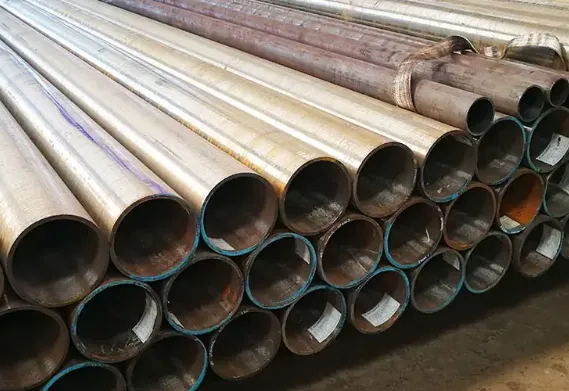
Factors in Selecting Schedule 40 Carbon Steel Pipe Manufacturer
1. Manufacturer's Technology and Capacity
Evaluate the manufacturer's production technology, advanced equipment, and production capacity, which are directly related to product quality stability and delivery assurance.
Process and Equipment: Pay attention to whether the manufacturer uses advanced hot rolling processes (such as PQF continuous rolling mills) or cold drawing processes. These processes affect the dimensional accuracy, surface finish, and mechanical properties of the steel pipes.
Capacity and Delivery: Understand the manufacturer's annual production capacity and lead time. For large-scale projects, stable production capacity and timely delivery are crucial.
2. Strict Quality Control System
Quality is our lifeline. A good manufacturer must establish and implement a strict quality control system.Certification System: Prefer companies with ISO 9001 quality management system certification.For specific industries (such as automotive and petroleum), also consider whether they have professional certifications such as IATF 16949 or API 5L.Testing Process: Examine the company's testing equipment and processes. Excellent manufacturers typically use equipment such as ultrasonic testing and eddy current testing to inspect each product individually or in batches to ensure they are free of defects and provide comprehensive inspection reports.BAOWISTEEL, for example, is renowned for its comprehensive quality control process, encompassing 12 steps plus double flaw detection.Material and Standards: Ensure product material meets requirements. Schedule 40 carbon steel pipes are commonly made of materials such as Q235-B, Q345, or 20# steel. Chemical composition and mechanical properties must be verified to ensure compliance with relevant standards such as GB/T 700, GB/T 8163, or ASTM A53/A106.
3. Overall Cost and Value
Price is an important factor, but an optimal balance must be sought between quality, service, and technical support.Price Structure: Carbon steel pipe prices are typically calculated per ton and are influenced by raw material costs (e.g., billet), production processes, market supply and demand, and order size. Sch 40 is a commonly used grade with relatively stable prices.Avoid price-consciousness: Excessively low prices may indicate cutting corners or sacrificing service. Analyze quotes comprehensively and choose reputable suppliers who can provide reliable products and services.
4. After-sales Service and Industry Reputation
Good after-sales service and industry reputation reflect a manufacturer's soft power.Service Commitment: Inquire whether the manufacturer offers technical support, a return and exchange policy for quality issues (such as "guaranteed returns and exchanges"), and regular customer visits.References and Reputation: Examine the manufacturer's case studies and industry reputation. Manufacturers with a track record of serving renowned companies or major projects generally offer greater assurance of product reliability and service capabilities. You can learn about their reputation through various channels, such as industry forums and customer reviews.
Selecting a qualified Schedule 40 carbon steel pipe manufacturer is a complex and technical task requiring a comprehensive evaluation. You shouldn't base your decision solely on price or a single factor; instead, you should systematically examine the manufacturer's technical capabilities, quality control systems, product certifications, cost-effectiveness, and after-sales service.
Before purchasing, we recommend clarifying the specific technical requirements of your project and, whenever possible, requesting material certificates and third-party testing reports (such as CMA certification) from potential suppliers. If necessary, you can even conduct factory visits and sample testing to ensure the reliability and long-term performance of the steel pipe you select.









 English
English Español
Español بالعربية
بالعربية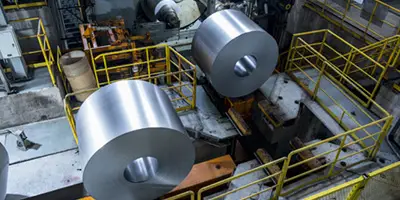

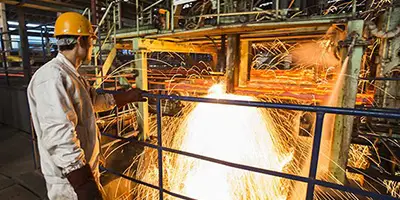
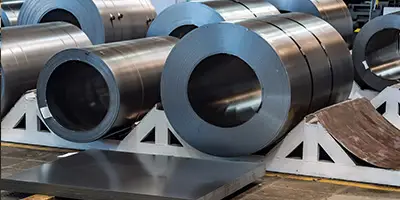

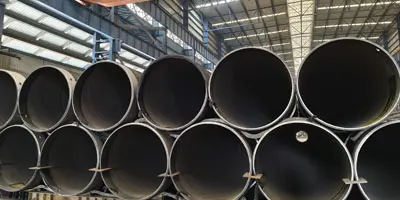

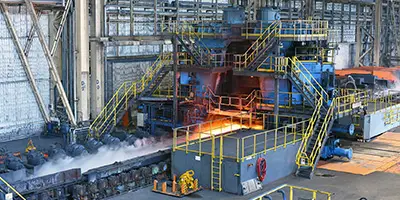
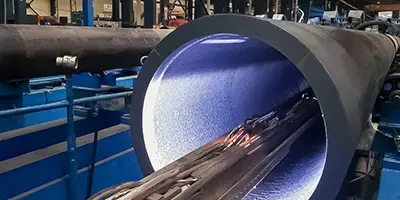
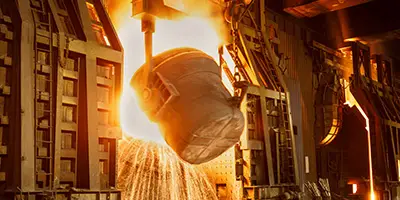


 Phone :
Phone :  Whatsapp :
Whatsapp :  Email :
Email : 


